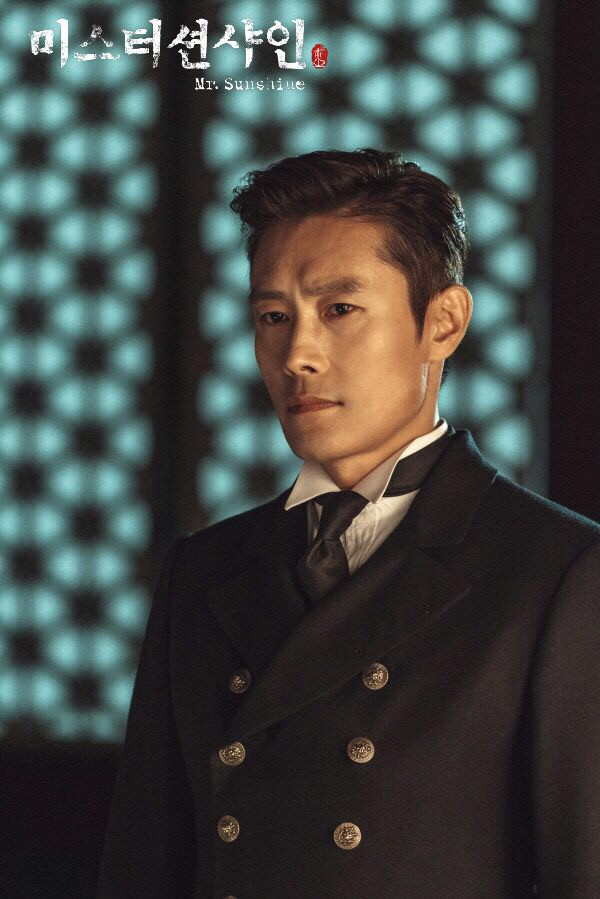
Mr. Sunshine 미스터 션샤인
Written by Kim Eun-sook | Directed by Lee Eung-bok
Developed by Studio Dragon
Rating: ★★★★★
Binge-watching South Korean series is like boarding a ship with no fixed destination—a quiet surrender to the pull of story. For days, I drift with the current, guided by uncharted narratives, encountering unfamiliar characters, and arriving in places I never expected to go. Mr. Sunshine was the first to sweep me fully into its tide—mind, heart, and soul. As my son Leo aptly put it, there’s no turning back now.
This series is a work of art. Each frame feels meticulously composed, almost sacred—demanding to be savored, not rushed. Episodes unfold with the weight and richness of film: expansive, immersive, visually stunning. Yet beyond its cinematic beauty, Mr. Sunshine holds the gravity of history. It drew me into one of Korea’s most painful eras, stirring a startling empathy for a nation caught in the undertow of resistance, betrayal, and hope.
Living in São Paulo, where Japanese and Korean communities are part of the city’s living fabric, I had encountered traces of this past before—through shared stories, classroom friends, neighborhoods, moments. Yet the series cast light on the diplomatic and cultural tensions of that time with a clarity and poignancy I hadn’t fully grasped until now.
The casting is exceptional. Lee Byung-hun’s performance, in particular, left a lasting imprint—subtle, restrained, and quietly searing. But Mr. Sunshine is more than a showcase of talent; it is a masterclass in storytelling. It doesn’t merely entertain—it challenges. With narrative threads that twist and deepen, it speaks to injustice, identity, resilience, and the quiet courage of those forced to choose between survival and principle.
There’s war, revenge, friendship, romance—and moments of unexpected levity. The camaraderie among characters, especially those often referred to in fan circles as “bromance,” adds warmth and humanity amidst the turmoil. And the women—strong, complex, uncompromising—don’t simply accompany the plot; they shape it. Their choices reverberate through the story, leaving echoes that linger long after the final scene.
And then there’s the music. The soundtrack doesn’t just accompany the drama—it breathes with it. Melancholic, soaring, hauntingly beautiful, the score becomes an extension of the characters’ inner lives, carrying what words cannot always express.
Few works leave a mark this deep. Mr. Sunshine is not only among my favorite Korean dramas—it now stands among the most powerful storytelling I’ve ever experienced. Some ships return you home transformed. This was one of them.
Image courtesy of tvN
Comments are closed.